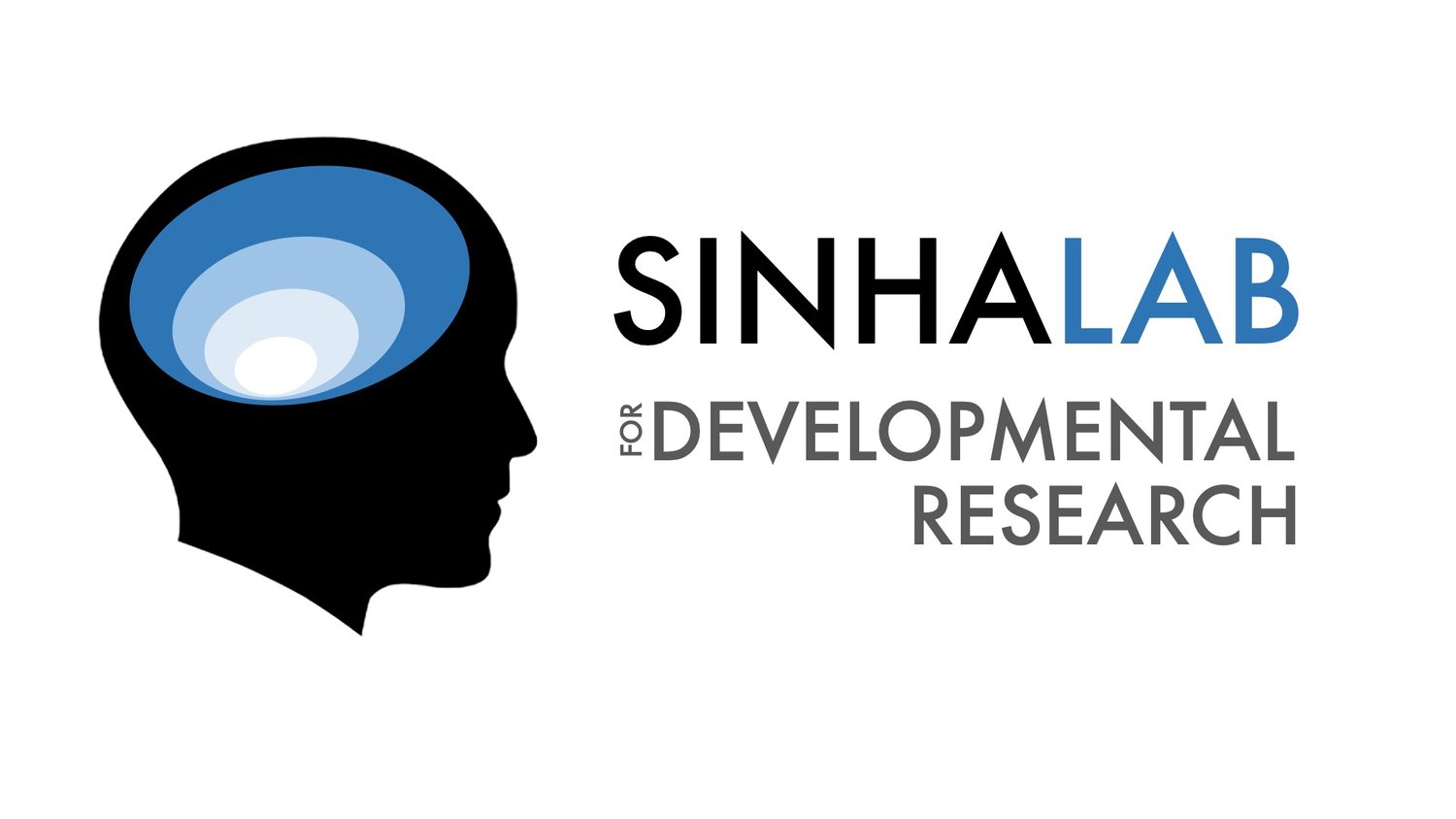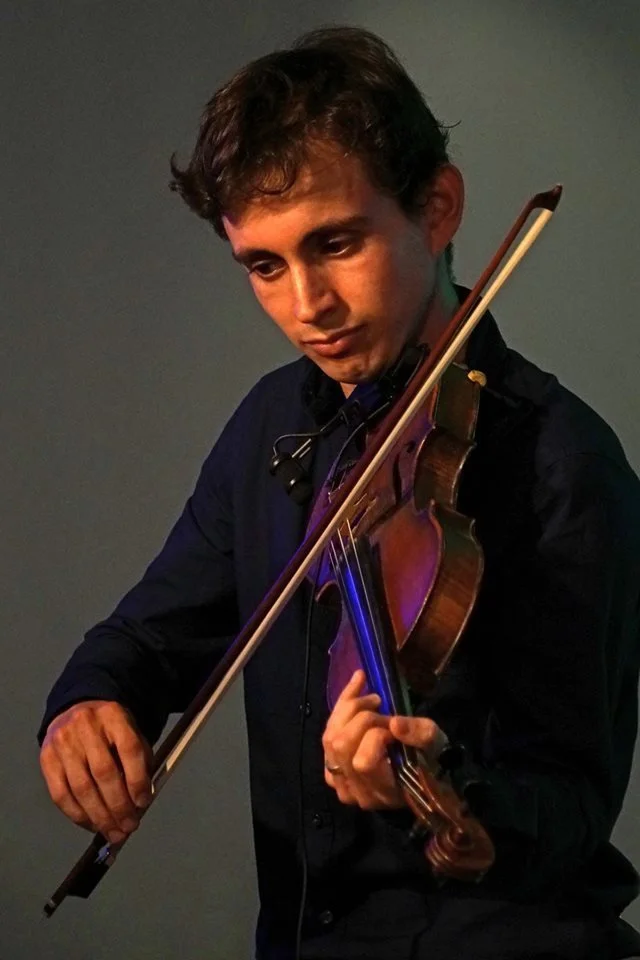Art and Neuroscience
Art occupies a prominent place in our lab due both to its relevance for understanding perception, as well as our personal interest in creative pursuits.
Vision in Art and Neuroscience Course
The constructive nature of perception is at work in the gap between the observer and the outside – there, the world of experience is generated. From limited and noisy data incoming through the senses, our brains construct the rich world we perceive. Creating visual art throws that world of experience back to the outside, and in it we find reflected some mechanisms of the constructive process of vision. As such, we can find examples in art which allow us to “perceive perception.” Through readings, lecture, discussion, and project-based work, this course explores the neural and computational mechanisms of vision and their parallel manifestations in visual art. Working together, we will follow recipes for seeing to translate different levels of the visual processing hierarchy into the domain of experience, using the power of simple materials to foreground direct visual perception. The course is divided into one seminar-style lecture and one session of studio instruction per week. Each student will have access to studio materials and equipment for creating and documenting visual experiences. Students will be expected to prepare simple captures of work and work processes to share with the class as needed and to contribute to the exhibition content that will have physical and online aspects. A final project and exhibition of student work will replace a final exam.
Unruly Art
Art has profound benefits for those who engage in it: better social integration, improved cognitive function, reduced anxiety, and enhanced self-esteem. Our goal is to actively include children across all levels of skill in art activities. We have devised several techniques (collectively named ‘UnrulyArt’) that enable children to create art while sidestepping cognitive and motoric challenges. We have conducted many UnrulyArt sessions with the Prakash children in New Delhi following sight-restoring surgeries, and we have also organized similar activities with special education classrooms in Cambridge and Boston area schools. The sessions are a lot of fun for all participants – children, teachers, and scientists alike. UnrulyArt pieces have been exhibited in the Butler Gallery, Princeton University, and also at Children’s Hospital, Boston.
Lab Member Art Gallery
Numerous lab members engage creatively beyond our scientific pursuits. Please enjoy this gallery of our works.
















